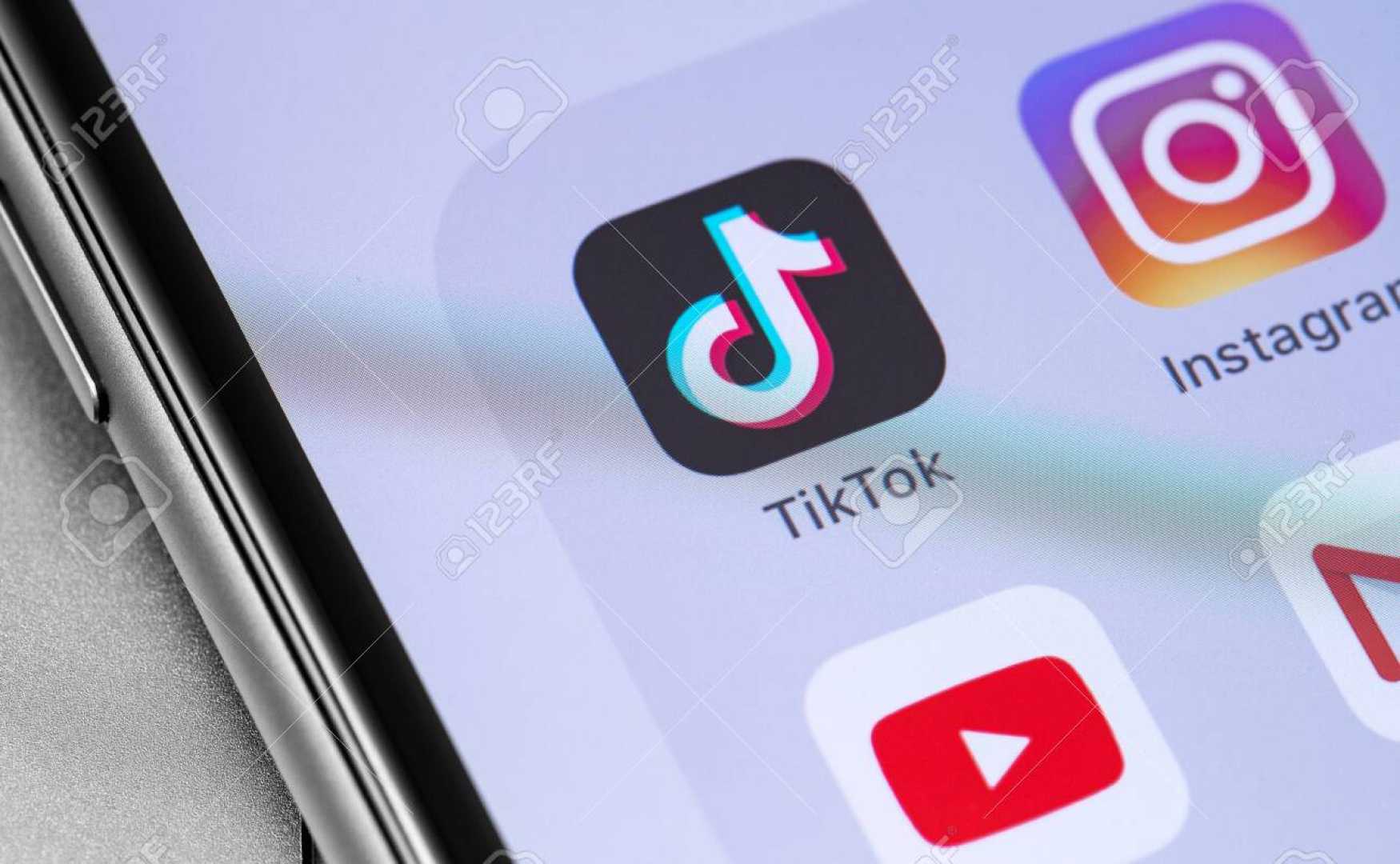Tech
U.S. TikTok Ban Looms as Supreme Court Weighs National Security Concerns

WASHINGTON, D.C. – The future of TikTok in the United States hangs in the balance as the Supreme Court deliberates on a potential ban set to take effect on January 19, 2025. The popular social media app, owned by Chinese-based ByteDance, faces a government-mandated sale to a U.S.-based company or risk being removed from American app stores and servers.
The ban stems from bipartisan legislation citing national security concerns, as ByteDance’s ties to the Chinese government raise fears of data misuse. TikTok, used by over 170 million Americans monthly, has argued that the ban violates free speech protections. However, the government maintains that the app’s foreign ownership poses a significant threat.
President-elect Donald Trump is reportedly considering an executive order to delay the ban by 60 to 90 days, allowing time for negotiations. “We need to save TikTok,” Trump said, reversing his earlier stance on banning the app. The Supreme Court has yet to rule on TikTok’s emergency request to pause the ban, leaving millions of users and creators in limbo.
ByteDance lawyers presented their case before the Supreme Court on Friday, emphasizing the app’s cultural and economic impact. Chief Justice John Roberts questioned whether the ban targeted TikTok’s content or its ownership. “Congress isn’t saying TikTok has to stop. They’re saying the Chinese have to stop controlling TikTok,” Roberts remarked.
Meanwhile, TikTok’s global head of human resources, Nicky Raghavan, assured employees that their jobs and benefits would remain secure, even if the app goes dark. “The bill only impacts the U.S. user experience, not our operations,” Raghavan stated in a company-wide message.
As the deadline approaches, users are exploring alternatives like Xiaohongshu, a Chinese app known as RedNote in English. The platform, which combines features of Instagram, TikTok, and Pinterest, has seen a surge in downloads ahead of the potential ban.
Senator Ed Markey of Massachusetts has introduced a bill to extend the TikTok deadline by 270 days, citing the need to protect creators and users who rely on the app for income and social connections. “A TikTok ban would impose serious consequences on millions of Americans,” Markey said. “We cannot allow that to happen.”
With the clock ticking, the fate of TikTok in the U.S. remains uncertain, as legal, political, and cultural battles converge in a high-stakes showdown.












